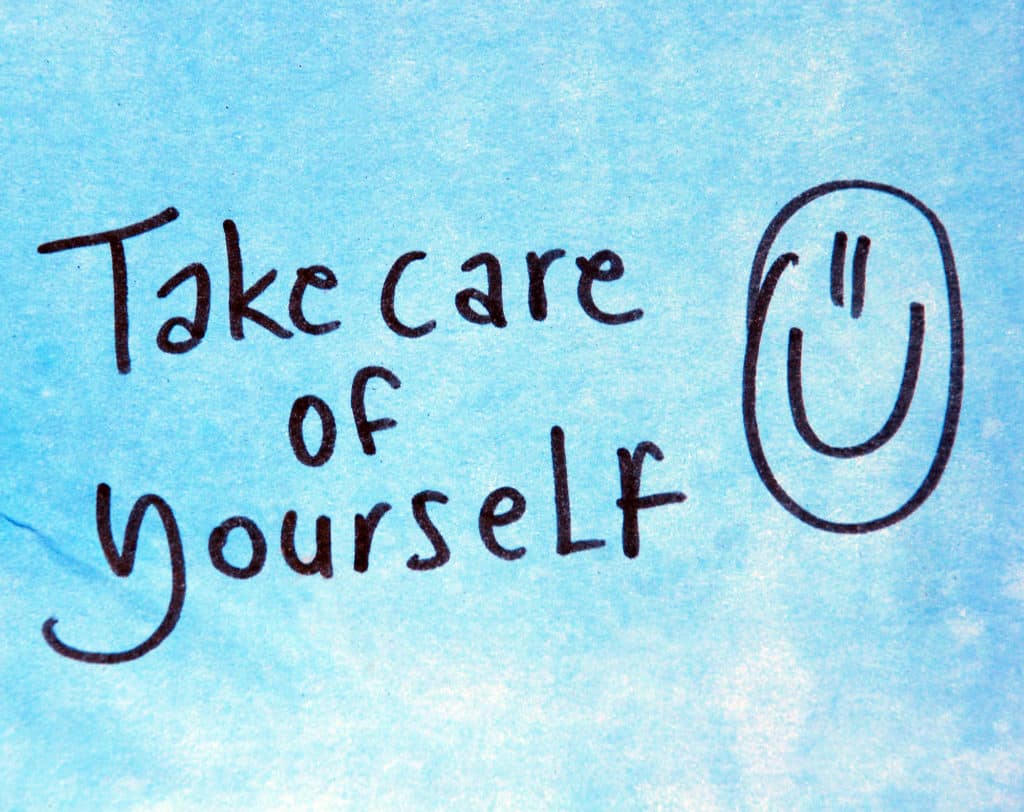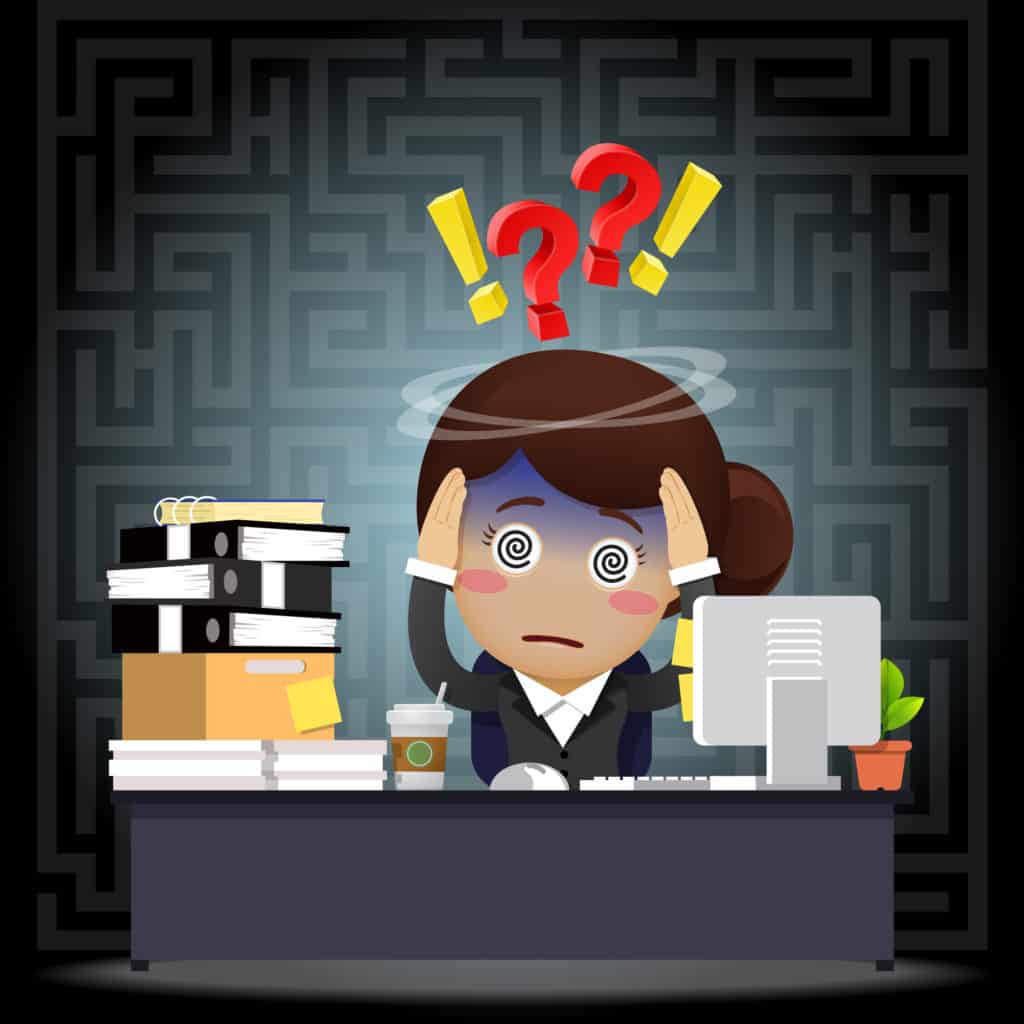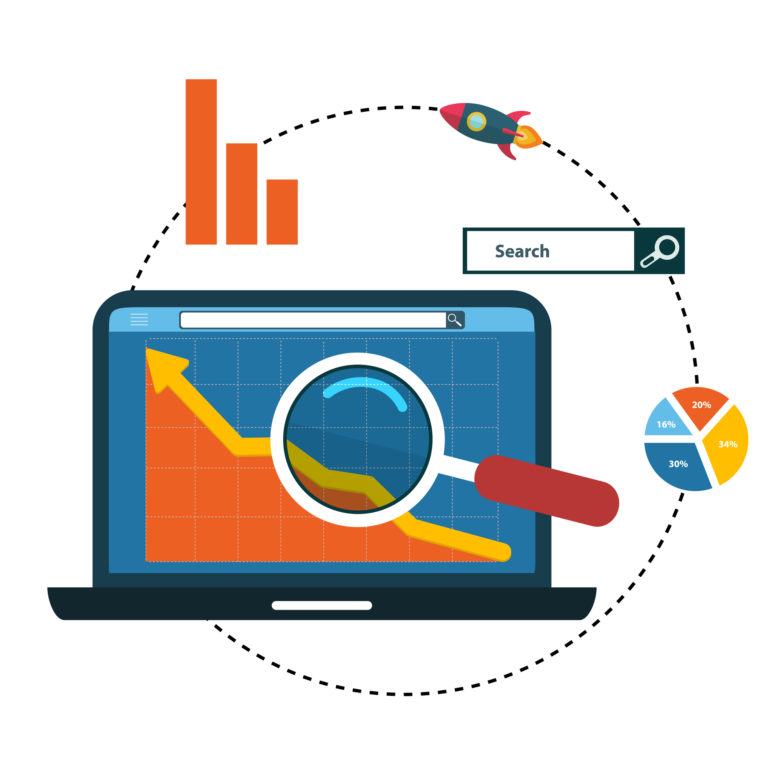We’re currently experiencing a mental health epidemic throughout the world.
It is estimated that 450 million people in the world are currently experiencing mental health issues, with a further 25% will be directly affected by mental health issues within their lifetime.
Our Mental Agility largely remains an unknown entity within society. People often don’t want to open that corridor due to the stigmas and stereotypes that mental health carries.
Mental health advocates are pushing for more awareness, and are gaining traction across the world, but we’re still in the very early stages of understanding what mental health is – and how it affects us.
One of the most common impacts from Mental Health? You got it. A person’s work life.
There’s an obvious correlation between mental health and business, but it’s an area that is often neglected within the workplace. It’s no secret that when everyone is happy in the workplace the business will thrive.
On the other hand, when there’s mental health issues in the office people don’t perform as well.
Sometimes they don’t come into work at all, due to their health being so bad and overall business dips.
Incredibly, 70 million working days are lost each year within the UK due to ‘mental illness’, with mental health impacts costing employers between 32-42 billion pounds every year.
In order to move forward progressively, we need to be able to break the stigma around mental health. We need to talk openly about it without any judgments.
It’s all about creating a positive open space so that talking about mental wellbeing is considered an everyday normality.
After all, people like to moan and complain about their physical ailments all the time, with no thought. So, why can’t the same acceptance be found for mental health?
We need more understanding in society and within the workplace. First of all, it comes with learning what mental health is.
What Is Mental Health?
Our mental health or mental illness is rightly getting more traction within the media and society. However, do we actually know what it is?
Chances are, you don’t fully comprehend the full definition of mental health.
The definition of mental health is:
Our emotional, psychological and social well-being all form and are part of what is our mental health.
If you experience mental health issues then your thinking, mood or behaviour will be affected in some shape or form.
Each mental health issue will affect individuals differently.
Early warning signs can be key to prevent your mental health from deteriorating. Some of these warning signs include:
- Changes in appetite
- Difficulty sleeping, or sleeping too much
- Feeling numb or unable to experience emotions
- Helplessness and hopelessness
- Severe mood swings
- Persistent thoughts that you can’t quiet
- Trouble in your relationships, like increased fighting or yelling
- Inability to perform everyday tasks
- Lack of interest in people or activities you love
- Thinking of harming yourself or others
If you or anyone you know is experiencing any of these warning signs it’s important to signpost them to help.
Like any form of illness, it is important to catch bad mental health quickly in order to stop it from spiralling out of control.
Mental Health In The Workplace
As we’ve seen earlier in the article, mental health can have a huge detrimental effect on business.
Mental health has such a large spectrum from causes of issues to how much of an impact your mental illness has on your day to day life.
Common mental issues in the workplace include:
- Stress
- Anxiety
- Depression
It’s important to understand that issues can appear due to a sudden event in someone’s life or it can be a gradual build up over time.
Mental illness is one of the major causes of long term absences from work and employers need to be actively seen to do more to help their workforce.
What Can Employers Do
More than half of small business owners feel that they should be doing more to help mental health issues but don’t have the time or resources to do so.
It can be difficult for employers to cope with their own mental health, as well as trying to offer support to their staff.
Asking for help isn’t a bad thing, it can help save yourself and your business.
Charities and organisations are in your area and want to come and help you. They can’t help you or the business if they don’t know you’re struggling.
However, employers have a duty of care for their employees, which means they must do all they reasonably can to support them.
As an employer, it is important to create an environment so that your employees feel comfortable about raising mental health issues.
Being able to talk openly about mental wellbeing is vital for a workspace, with this should come improved employee morale and (hopefully) less time off due to mental illness.
Employers need to view physical and mental health equally.
You want to remove any negative stigmas or connotations that come with taking time off due to mental wellbeing.
Sometimes, if you’re aware of an issue, just small changes can be a good idea. For example, you could let them work from home or reduce their workload.
Even something as simple as having a mental health strategy can go a long way.
Here are 6 ways to support your employees, including:
- Ask employees what stresses them out at work
- Help employees reduce their stress
- Watch out for employees over working and burning out
- Make time for fun
- Keep an eye out for depression
- Provide support and employee care
Mental Health At Work is a great way to start looking for initiatives within the workplace.
Mental Health As An Employee
Staggeringly, only 13% of people feel like they can speak to their employer about their mental wellbeing.
It can be difficult being an employee and speaking out to your boss about your mental health issues.
This can cause more stress and anxiety on you as you build up, making the situation worse for everyone concerned.
Being in the workplace, the most important thing to remember is that it is ok not to be ok, but speak out to make your struggles known.
Help is out there in the workplace, however in order to give you the help you need your employers will need to be made aware of the issues.
Stress at work is often the cause of mental health issues within the workplace, this often comes with overworking.
Stress can lead to greater anxiety and depression so it is important to manage your work life balance.
Overworking is dangerous. Not only from a mental health aspect, but it can greatly impact your physical health.
In fact, overworking kills 3/4 of a million people each year. To put it into perspective it kills more people than malaria each year.
This is why it’s so important to talk to your employers and try to come to a plan together.
Overworking isn’t the only cause of mental anxiety in the workplace, so if you are experiencing any type of mental illness concerns it’s important to speak out.
Speaking to your employer or another colleague isn’t a sign of weakness, it will be hugely beneficial for both parties.
Just being listened to can help you feel supported, and it may also encourage other people to speak out about their issues.
Speaking up can break the stigma, and you can work with your employer to improve your experiences and focus on getting better.
Improving Mental Health
Everyone is different, and everyone has different battles when it comes to their mental agility.
What works to improve your mental health can be very different to the next person.
No one wants any kind of illness, but it’s important to treat and talk about mental illness in the same way you would about any physical illness.
You don’t need to tell everyone, but just a few words to let your friends, colleagues or boss to say how you’re feeling can go a long way.
If you are struggling try these 5 steps to mental wellbeing from the mental health charity Mind:
1.Connect
Keep in contact with friends, make new ones or just take time out to speak to complete strangers.
Social relationships are critical for promoting wellbeing and to prevent you from feeling lonely.
2.Be Active
Regular physical exercise is associated with less amounts of depression and anxiety across all age groups.
It’s not saying you need to do a marathon each week, just go for a walk around the neighbourhood a few times a week to clear your mind.
3.Take Notice
Take notice of your wellbeing and your general surroundings. Be aware of how you’re feeling and the people around you.
Heightened awareness enhances your self understanding which can allow you to make positive life choices.
4.Learn
Learn about yourself or a new skill. Keep yourself occupied by joining a class, start reading, find something new about your colleagues.
Setting goals and continued learning has been strongly associated with higher levels of wellbeing.
5.Give
Volunteer during your free time, go to a charity event or just donate to charity.
Participation in social and community events can give you a sense or reward whilst helping you connect with others.

Don’t suffer alone, you can get through it.
Visit Hub of Hope to see local mental health charities in your area.














